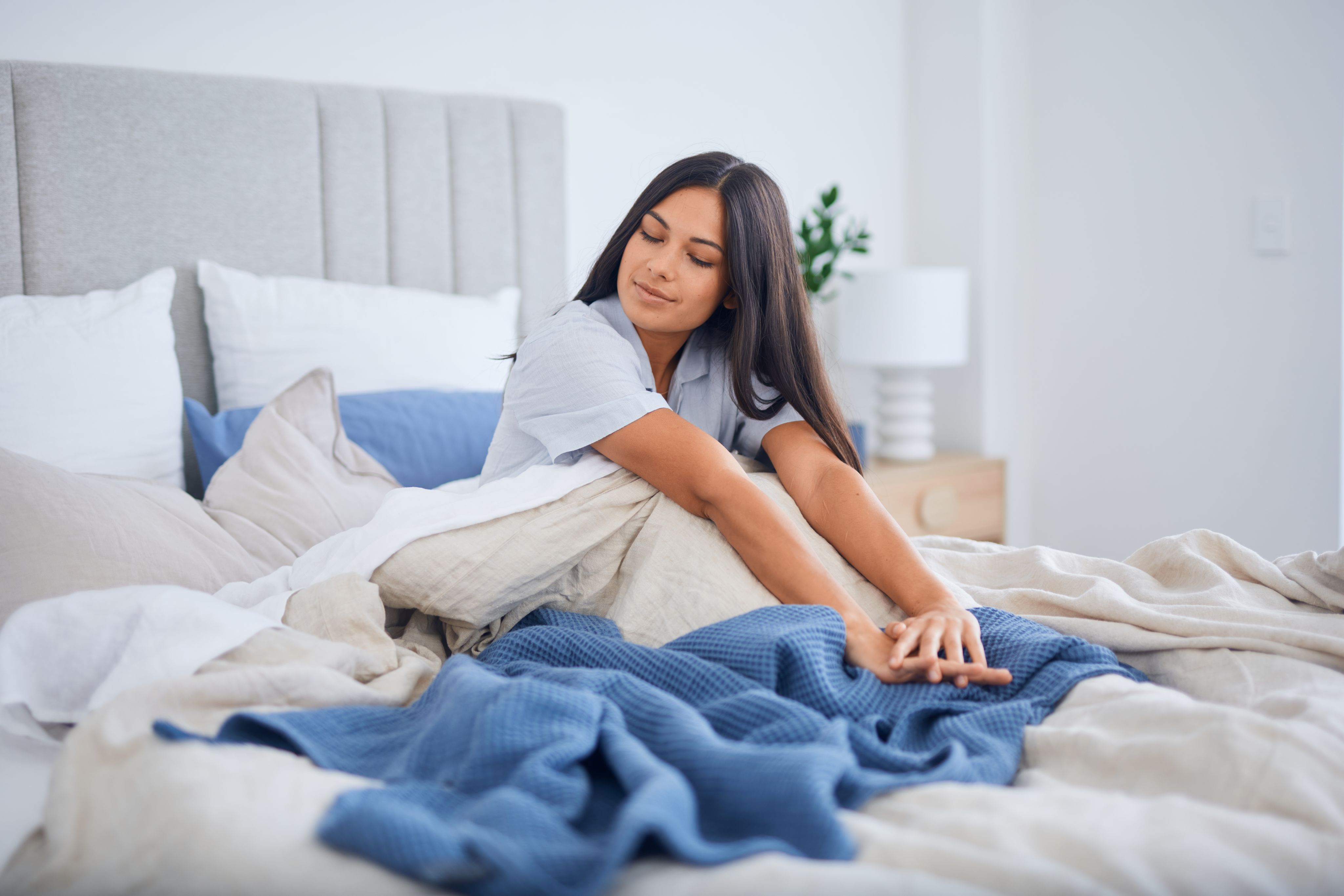Rest, assured
Smarter ways to wake up refreshed
sponsored content with BedsRus
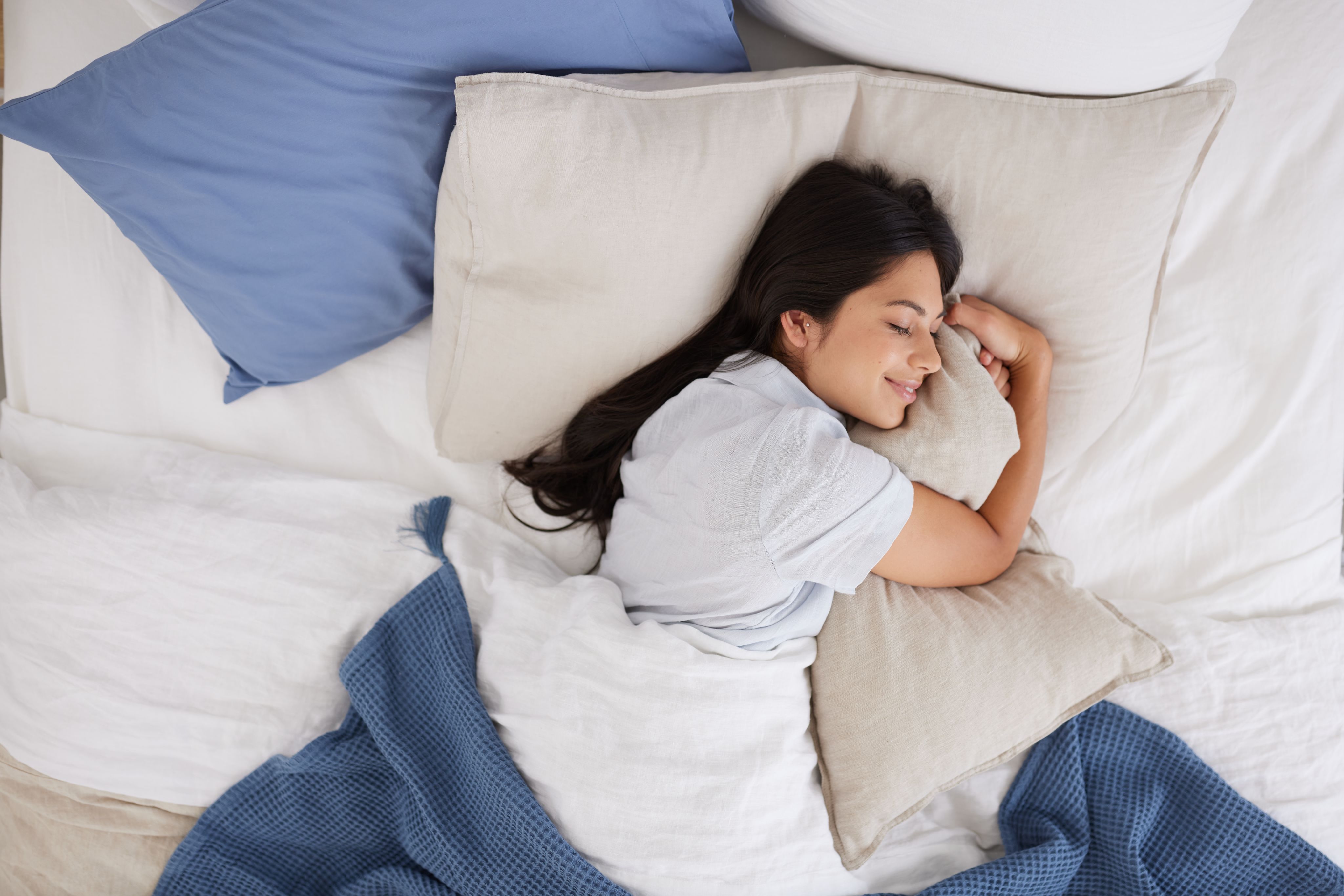
Sleep is meant to be our nightly reset. But for many of us, the hours spent in bed are restless, interrupted, or just plain uncomfortable.
From stress and screens to noisy streets and mismatched mattresses, the modern world isn’t exactly set up to help us drift off with ease. And when sleep suffers, so does everything else; from our mood and memory to our immunity and decision-making.
So what really makes a difference when it comes to getting a better night’s sleep? And how do you know if your bed is helping or hurting?
The good news: solutions are evolving. From science-backed strategies to a data-driven sleep-matching tool now available in New Zealand, better sleep could be closer than many realise.
That's where Sleepmap from BedsRus comes in - and it’s changing the game for New Zealanders looking to get to the root of their sleep issues. More on that shortly.
But first, let's take a look at proven ways to improve sleep hygiene.
1. Start with the sleep basics (and yes, that includes your phone)
Most of us know that we should cut down screen time, dim the lights, and keep our bedrooms cool. But knowing and doing aren’t always the same thing.
Sleep experts consistently recommend the “hour before bed” as make-or-break for sleep quality. That means swapping streaming your favourite show and social scrolling for something slower and less stimulating: a book, a bath, a walk in the dark, even some light stretching.
Nutrition plays a role too. Heavy meals late at night can interfere with deep sleep, and alcohol (though it may help you nod off) is linked to more fragmented rest. Try cutting caffeine after 2pm and aiming for consistency in your sleep and wake times - and that includes weekends.
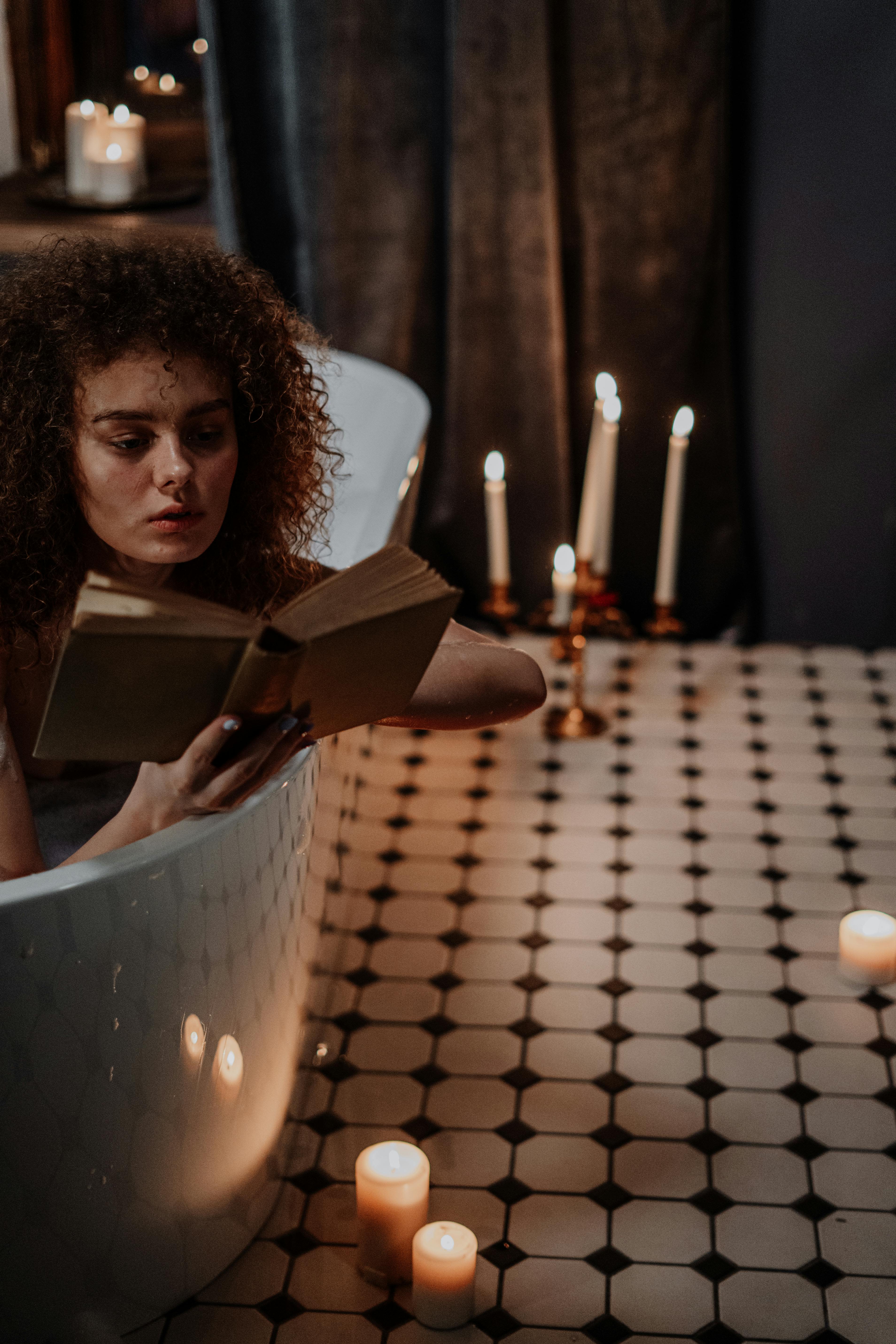
2. Don’t underestimate the power of light
Your body has a natural circadian rhythm tied to daylight. Getting natural light in the morning helps set your body clock, while avoiding bright overhead lighting in the evening encourages your brain to start winding down.
Tip: Use warm-toned bulbs in your bedroom, and avoid blue-toned light from tablets or phones an hour before bed. If you need to use a screen, switch on night mode or a red-light filter, and in general consider getting blue-screen glasses.
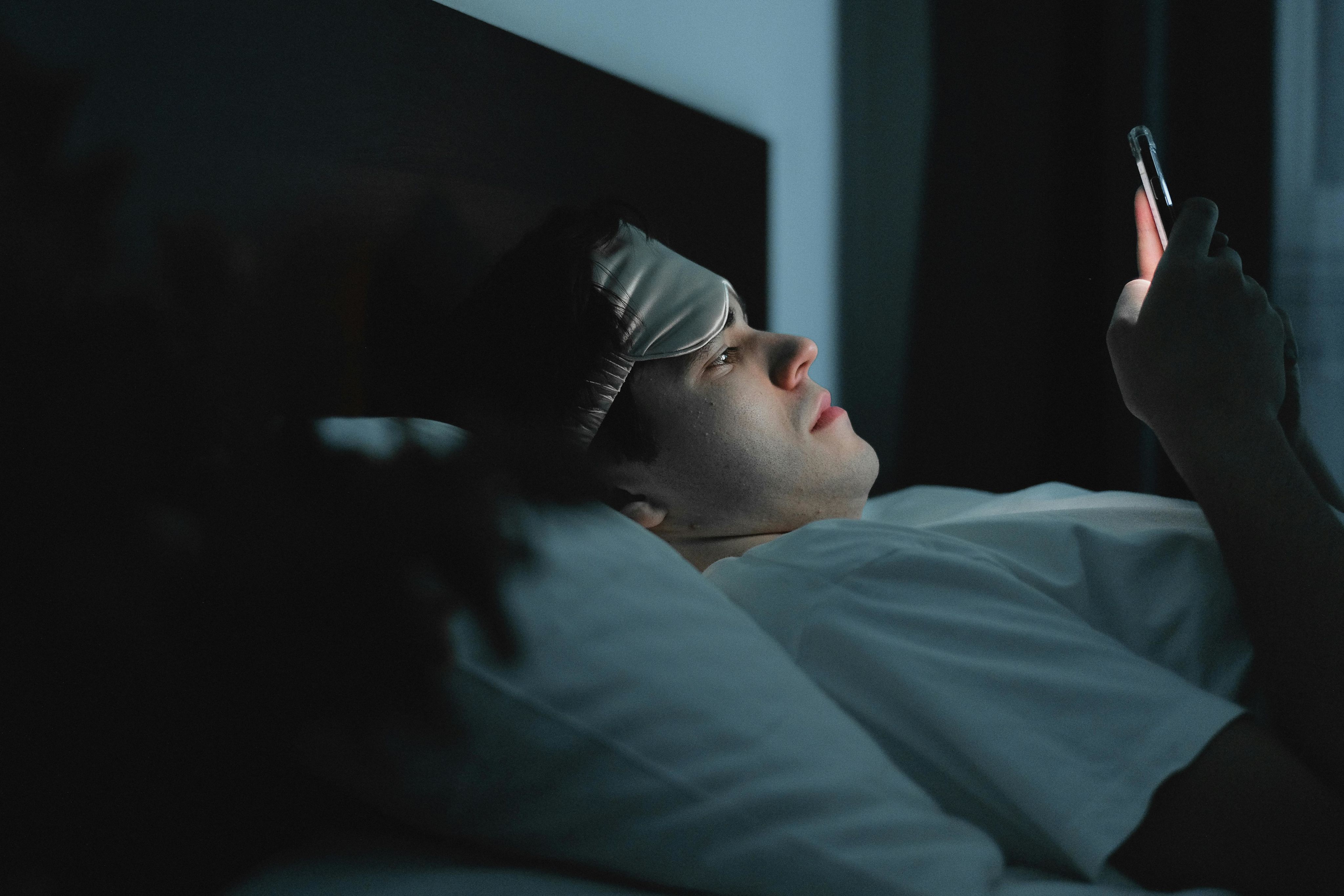
3. Mind on overdrive? Try a mental off-ramp
Racing thoughts are one of the most common sleep blockers. Try unloading it all - writing a to-do list for tomorrow, or jotting down worries in a notebook. Physically writing it down as part of a nighttime wellness routine is said to help give your brain permission to rest.
Other tried and tested approaches include breath work, meditation apps, and audio designed to activate deep brainwave states. Even guided visualisations or white noise can shift your brain from alert to relaxed.
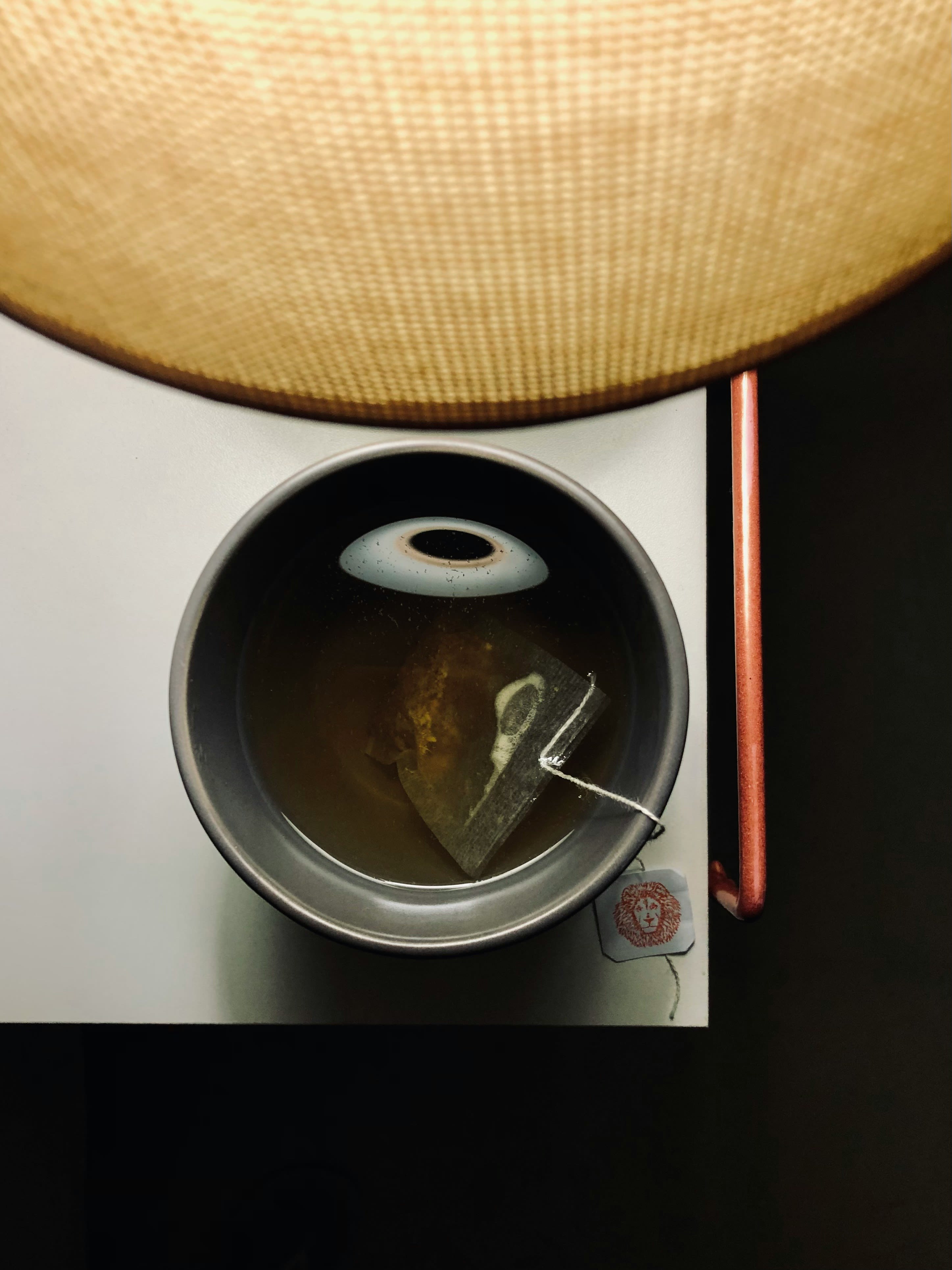
4. Don’t blame yourself - it could be your bed
You can build the perfect wind-down routine, cut the coffee, and do all the “right things.” But if your mattress isn’t right for your body, it may still feel like you're fighting your own sleep.
Whether you're a side sleeper needing pressure relief at the hips and shoulders, or a back sleeper needing full spine support, the right mattress can make all the difference.
For couples with different sleep style, or athletes needing optimal recovery, choosing a bed that’s tailored to individual needs is key to waking up well-rested.
Too often we settle for a ‘good enough’ mattress, without realising how much better we could sleep on one that suits our body, position, and lifestyle.
An old or unsuitable mattress is one of the most overlooked causes of poor sleep. It can mess with spinal alignment, put pressure on your joints, and cause you to toss and turn more than you realise.
Even if you think your bed feels “fine,” it may not be doing you any favours.
That’s where technology like Sleepmap comes in - and it’s changing the game for New Zealanders looking to get to the root of their sleep issues.
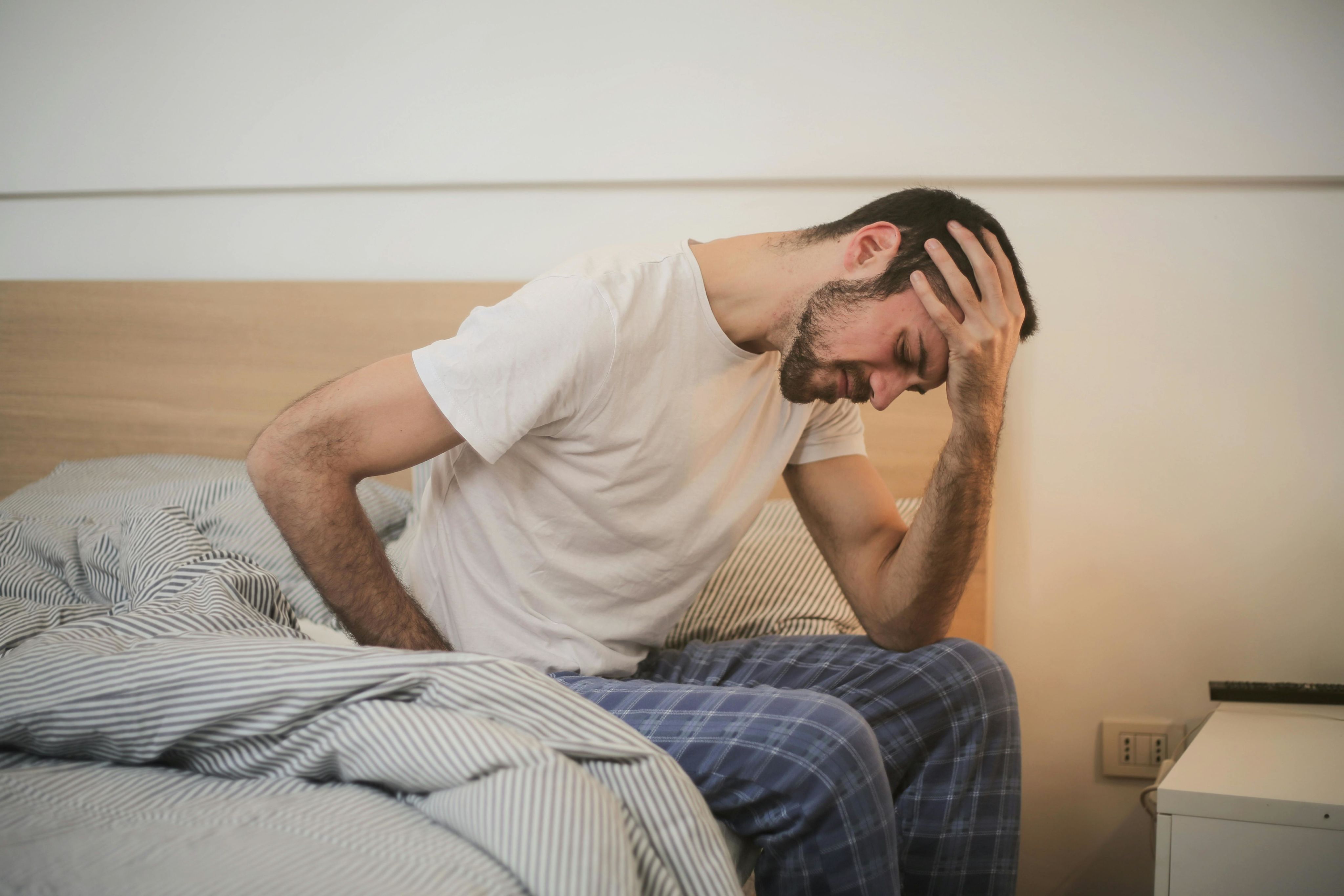
"A mattress is something that you sleep on for the next 7-10 years so it is actually a really important decision."
BedsRus General Manager, Andrew McKenzie
5. Tech meets rest: how Sleepmap works
Sleepmap is a pressure-mapping system that scans your body shape and sleeping profile in minutes. It’s available exclusively at BedsRus stores and takes the guesswork out of finding the right mattress and pillow.
Using more than 10,000 embedded sensors, the system maps how your weight is distributed and where your pressure points are. Then, it generates a custom recommendation showing which mattresses and pillow types best suit your body and sleeping position.
Using more than 10,000 embedded sensors, the system maps how your weight is distributed and where your pressure points are.
Using more than 10,000 embedded sensors, the system maps how your weight is distributed and where your pressure points are.
BedsRus General Manager Andrew McKenzie says the effects can be dramatic.
"We often see people surprised by their results. You need to remember that this mattress is something that you sleep on for the next 7-10 years so it is actually a really important decision.
"What feels comfortable in-store for a few minutes might not give proper support overnight. Sleepmap gives you objective data so you can make a decision with confidence."
The Sleepmap service is quick, free, and already available in 31 BedsRus stores across Aotearoa.
Sleep like a pro: Rugby Union star Patrick Tuipulotu finds his perfect bed match.
6. Build your own sleep toolkit
Getting better sleep isn’t about one magic fix. It’s about understanding your unique sleep style and giving your body what it needs to recover and recharge.
Here’s a toolkit to try:
- Pillow check: A pillow that’s too high or too low can mess with neck alignment. Sleepmap includes pillow recommendations as part of the scan.
- Keep it cool: Drop your room temperature to around 18°C. This triggers your body’s natural sleep cues.
- Rethink your routine: Set a recurring bedtime alarm - not to go to sleep, but to start winding down.
- Movement matters: Daily physical activity is linked to better sleep, especially if it includes daylight exposure.
- Test your bed: If you’re waking up sore or stiff, or still tired after eight hours, it might be time to reassess what you’re sleeping on.
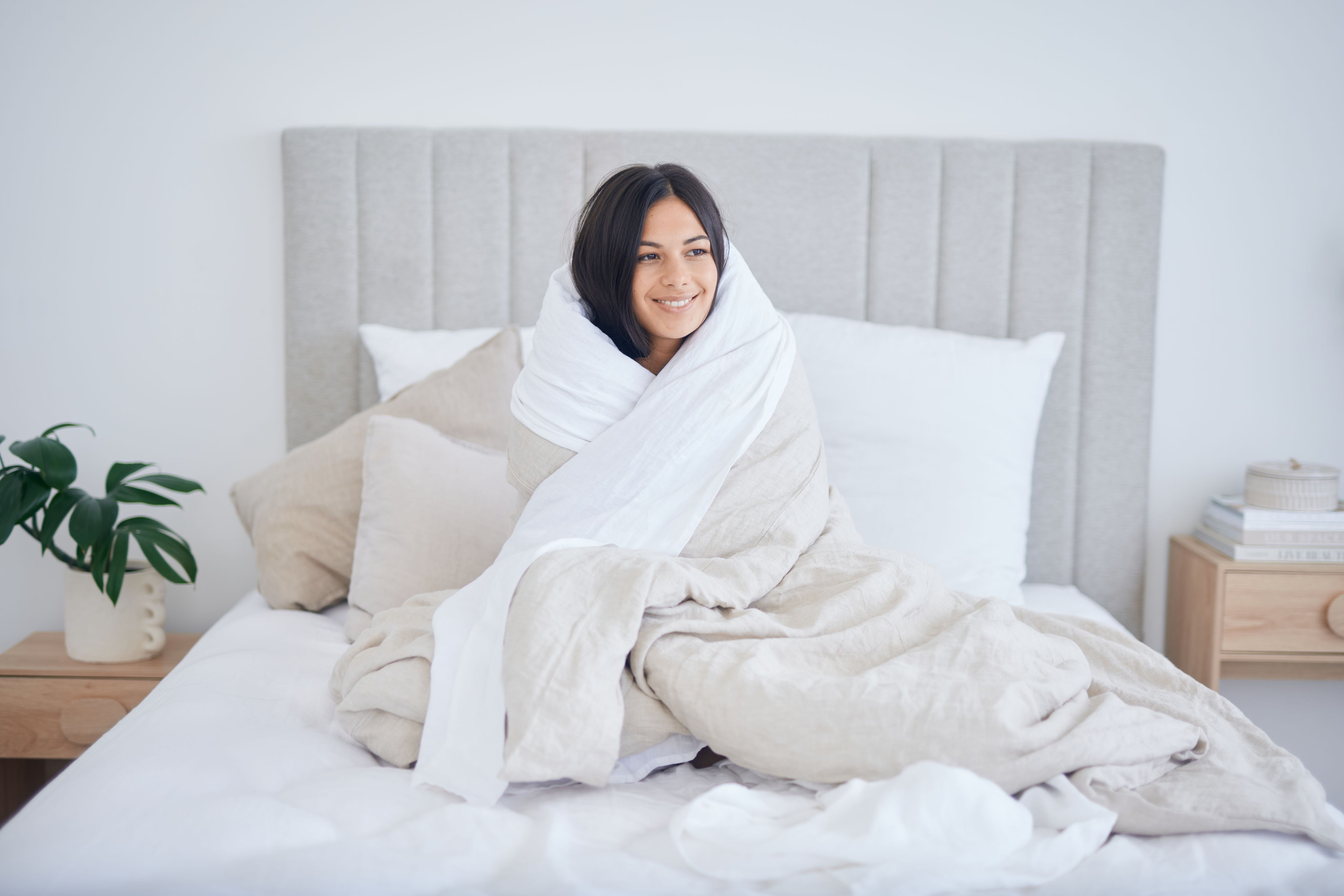
7. Know when to seek support
Occasional poor sleep is normal. But if you’ve been struggling for weeks - waking frequently, feeling unrefreshed, or battling fatigue during the day - it may be worth speaking to a GP or sleep specialist.
Sleep apnoea, chronic insomnia, anxiety, and even certain medications can all disrupt rest. It’s not just about willpower; and help is available.
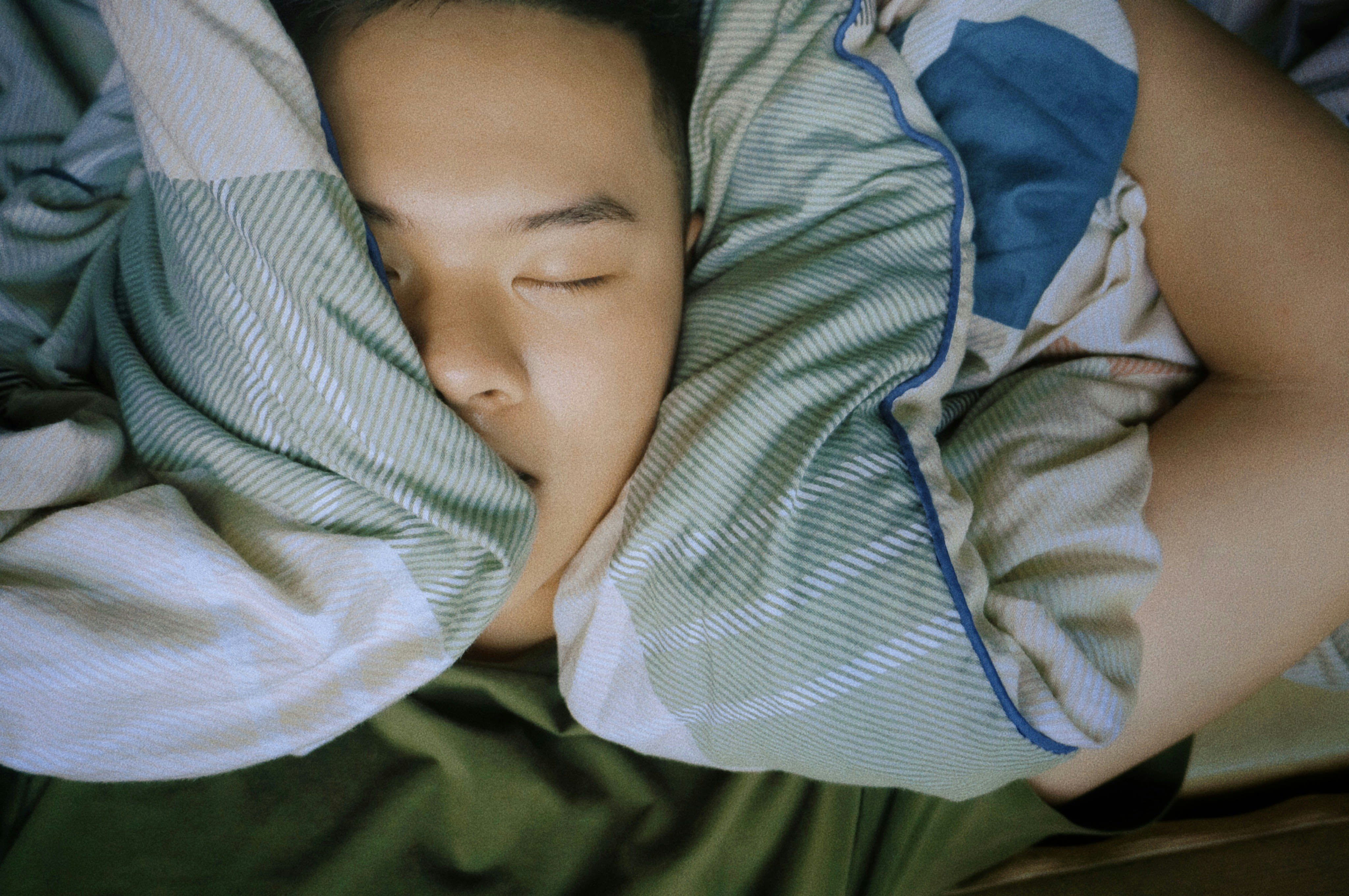
Why the right mattress matters
Research shows that a well-matched mattress can significantly improve sleep quality and reduce aches and pains. But for most people, finding that match is harder than it sounds.
BedsRus is currently the only New Zealand retailer offering Sleepmap, and feedback suggests it’s making a real difference for customers wanting confidence, as well as comfort.
McKenzie says clarity is key when it comes to getting the right mattress for your needs.
"Shoppers often rely on trial and error, or what they’ve always had. Walking into a bed store, you can be faced with a lot of bed options.
"So it can be a bit overwhelming to suddenly be thinking about what the best bed is for me, my partner, etc.
"That’s where Sleepmap can really help in providing people with clarity over what the right comfort level is and then fitting that within their budget."
Sleep doesn’t have to be a struggle
We spend around a third of our lives in bed. Yet too often, we treat sleep as an afterthought until it starts affecting everything else.
Small tweaks to your habits, lighting, routines and bedding can make a big difference. And if you’re ready to take the guesswork out of what you’re sleeping on, Sleepmap may be worth trying.
Because a better day starts with a better night.
Find your nearest BedsRus store with Sleepmap at bedsrus.co.nz/sleepmap and try it for yourself - it’s free, fast, and could change the way you sleep.
